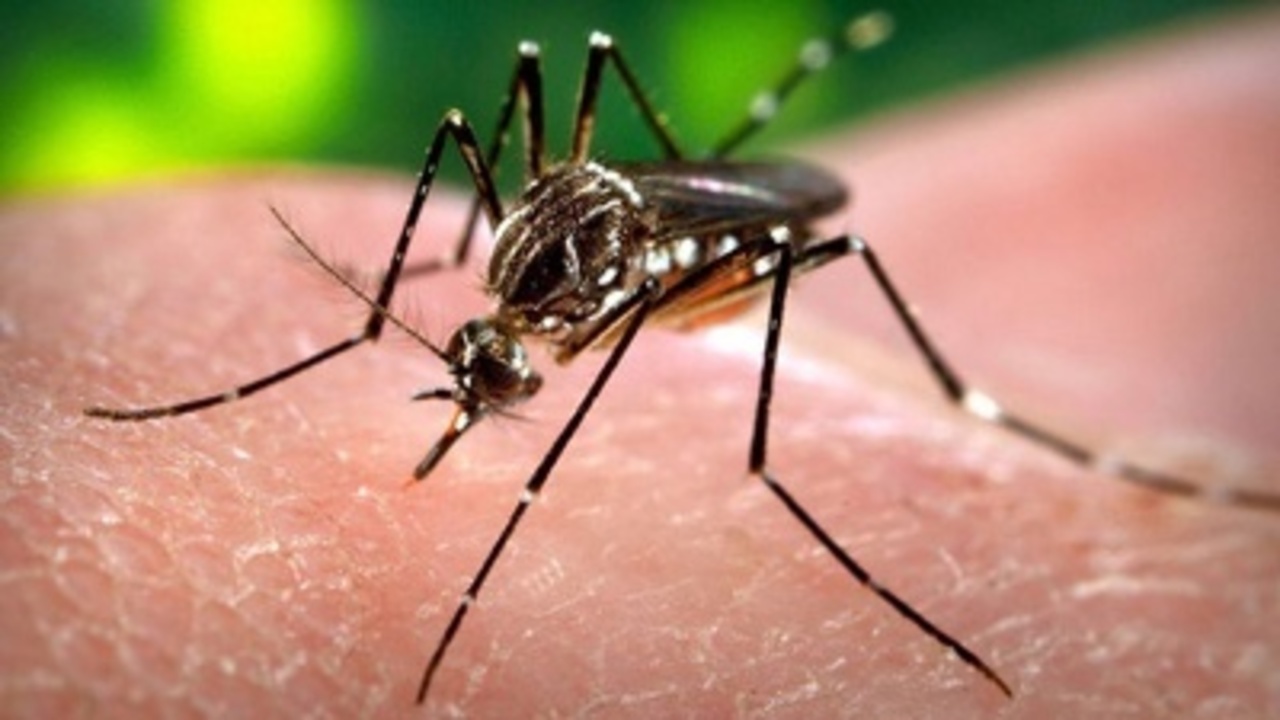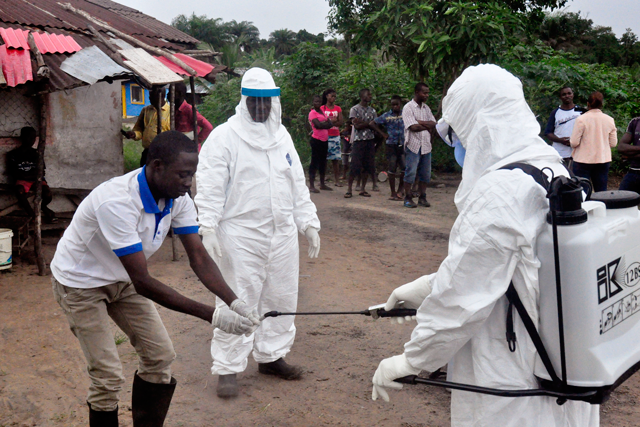
JOE PALCA | NPR Health – On March 10, Rep. Sheila Jackson Lee held a news conference at the Good Neighbor Healthcare Center in the part of Houston she represents. The mayor and a bevy of other state and local officials stood behind her.
“What we’re doing here today is having an intense briefing on the Zika virus with health professionals, working with the mayor and the city of Houston, the state and the country, to formulate the kind of partnership that can respond immediately,” said Jackson Lee, a Democrat.
Then she stepped aside, as the mayor, the assembled health officials and civic minded clergy all delivered a version of the same message: The Zika virus is coming to Houston, and we’d better get ready.
To get a better idea why Houston is at particular risk, I met up with Peter Hotez. He’s dean for the National School of Tropical Medicine at the Baylor College of Medicine.
Hotez says there are three elements that put Houston at risk for a Zika outbreak. The first is the steady influx of people from other countries.
“Houston is a gateway city,” says Hotez. “We’re on the coast; we’re not far from the Panama Canal. We’re an immigrant hub.”
There’s also a major international airport. “Every day there are hundreds and thousands of people coming from all over the world to Houston,” he says. At least some of those people are likely carrying Zika, according to Hotez, whether they know it or not.
The second element is mosquitoes. In the summer, Houston is awash in Aedes aegypti. That’s the mosquito that can transmit Zika.
The third element is economic. “I think one of the missing narratives that we’ve not heard about Zika is that this is a disease of poverty,” says Hotez.
To show me what he means, we drive to a neighborhood called the Fifth Ward, just a few miles from the gleaming skyscrapers of downtown Houston. The area near the corner of Worms and New Orleans Streets is dotted with small, dilapidated wooden homes. There are few, if any, grocery stores or restaurants nearby.
Hotez says there are often piles of trash here, trash where water can pool and provide breeding grounds for Aedes aegypti.
Hotez points to a pile of tires. “What happens, the water pools inside the tire well,” he says. “But the other thing that happens is that as the water sits for a time, some of the leaves get into that, and it kind of creates an organic soup that the mosquito larvae absolutely love. So as we move into the spring and summer months, these will be teeming with thousands of Aedes aegypti mosquitoes.”
If these mosquito should happen to bite someone infected with Zika, and then bite someone else nearby, that second person will become infected. This is how the virus can spread through a neighborhood.
Now if you’re in a home with window screens and air conditioning, that’s one thing. But there aren’t many homes like that around here.
“We’re only a few feet from a house which has no window screens,” says Hotez, “So it’s the proximity of a house with no window screens, next to the discarded tires, next to the standing water that creates the perfect mix” for spreading the virus.
Elderly man becomes latest Zika virus case confirmed in Houston
Hotez says the point is American cities like Houston have quite a high concentration of poverty. He says it’s the poor who are the most exposed to mosquitoes, and therefore most vulnerable to mosquito-borne diseases.
City, county and state officials say they’ll do all they can to pick up trash where mosquitoes can breed. They say federal health officials are keeping watch at Houston’s international airport to make sure travelers who do show up with Zika are identified and treated.
But they’ll need residents’ help, both in clearing trash and seeking medical attention if they think they’ve been exposed to the virus.
Hotez says these efforts may not stop Zika from hitting Houston, but he hopes they will at least minimize its impact.


